Certificates of Insurance
Business transactions frequently require the valuable protection provided by business insurance. A Certificate of Insurance is a document that is often requested as proof that adequate insurance exists. A certificate is not the same as a policy and certificates do not affect the coverage provided by a particular insurance policy. Therefore, requests to “endorse the certificate of insurance” are inappropriate and misleading. A certificate is a separate document that is used to comply with a common contract requirement to verify certain types and amounts of insurance.
Certificate holders, the entity or party requiring the certificate, often demand that they appear as “additional insureds.” This requires an endorsement (change) to the policy and it gives them coverage for injury or damage resulting from the contract.
Example: Tenant A leases a building from Property Owner B. Property Owner B demands that the tenant changes its insurance policy to also show the property owner as an additional insured. If a tenant’s customer is injured on the premises and sues both the property owner and the tenant, the tenant’s liability policy would provide coverage for both parties.
Construction contracts require certain forms of insurance, certain insurance limits, a hold harmless agreement and the inclusion on insurance policies as additional insureds. A “hold harmless” agreement is a contract provision that states how much responsibility each party accepts for damages arising out of the agreement.
A certificate of insurance can confirm that the appropriate policies were issued and that other requirements were also met. It is important to have a system for monitoring receipt of certificates BEFORE any sub-contractors are allowed to begin work. If certificates are not obtained or kept up-to-date, when the contractor’s Workers Compensation and General Liability policies are audited, the payroll for the sub-contractors without Certificates will be included with the contractor’s resulting in an additional premium charge.
Ask your insurance agent to help determine if you should be obtaining or providing certificates of insurance in conjunction with your business. In addition, when you’re required to provide a Certificate, send your agent a copy of the contract. The contract allows the agent to assist you in determining what liabilities you are accepting and what can be done to modify your insurance program to best protect your financial well-being.
If you have questions about business insurance call us at 800-392-6532.
Commercial Insurance for businesses in the Lake Sunapee, and the Upper Valley of New Hampshire and Vermont.
New London NH, Sunapee NH, Newbury NH, Hanover NH, Lyme NH, Norwich VT, Thetford VT, Bradford VT
©The Rough Notes Company, Inc.

